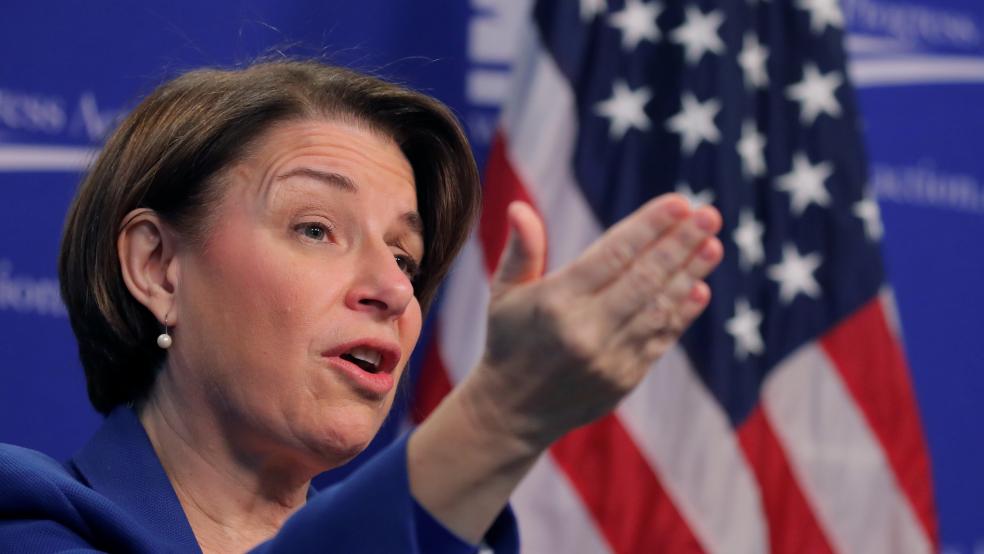A new bill introduced by Sens. Chris Coons (D-DE) and presidential candidate Amy Klobuchar (D-MN) aims to address America’s retirement savings crisis by requiring businesses to pay at least 50 cents into an employee savings plan for every hour worked.
The senators point to research that says that a third of workers have no retirement savings and 40 percent of U.S. adults don’t have enough cash saved up to cover a $400 emergency expense.
“That’s a crisis, and it’s proof that while parts of our economy are strong, many Americans are still being left behind,” Coons said. “By establishing a minimum savings contribution for the American worker, we can ensure that Americans working hard to pay their bills have savings in place to eventually retire and to deal with emergency expenses along the way.”
Here’s some more detail on the proposal, called The Saving for the Future Act:
- It would apply to companies with 10 or more workers.
- The minimum contribution would rise to 60 cents after two years and then be indexed to wage growth. The senators say that the vast majority of workers would get at least $1,000 a year in employer savings contributions.
- Workers would be automatically enrolled to contribute 4 percent of their own earnings, but could opt out or choose to contribute a different amount.
- To help defray the added cost, businesses would receive tax credits for their contributions for up to 30 employees, with a 50 percent credit for the first 15 workers and 25 percent credit for the next 15.
- The senators estimate that the tax credits would cost the government $200 billion to $250 billion over 10 years. To pay for them, they propose raising the corporate tax rate by 2 percentage points, from 21 percent to 23 percent, and raising the top income tax rate back from 37 percent to 39.6 percent, where it was before the 2017 GOP tax law.
The legislation is being supported by the AARP, the Service Employees International Union and the National Urban League, among other groups.





